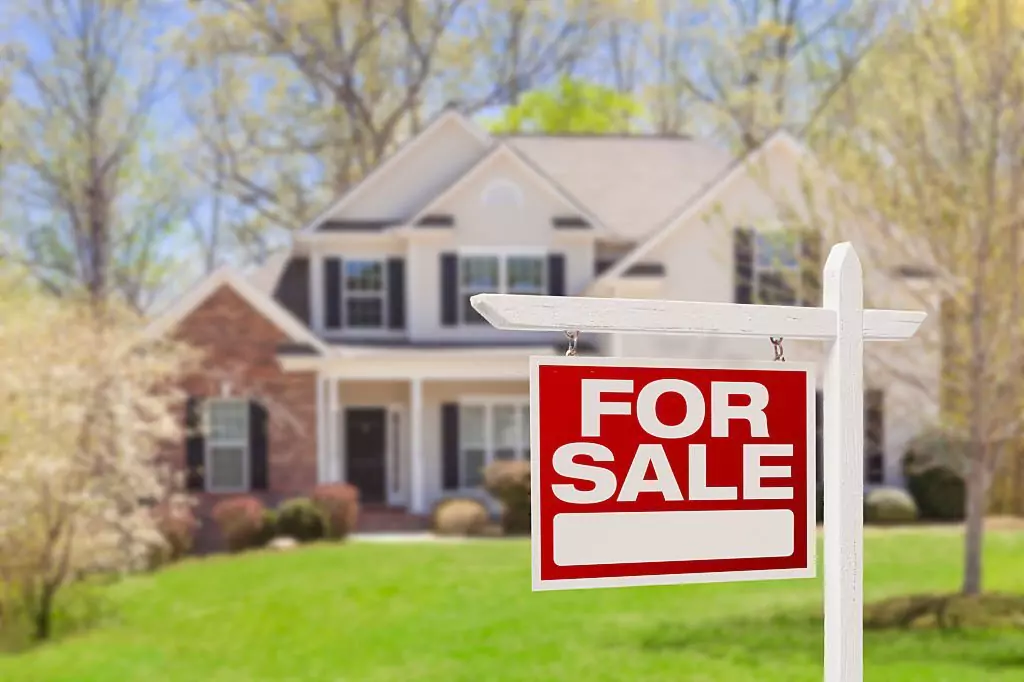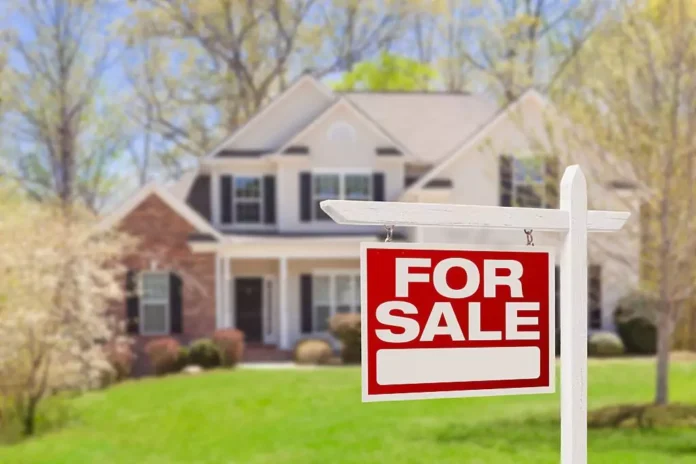Introduction: The Myth of Buying a House with No Money
Many people dream of owning their own home, but the idea of buying a house with no money down seems like an impossible feat. However, contrary to popular belief, it is not entirely true that you cannot buy a house without any money. While it can be challenging, there are ways to make it happen. In this article, we will explore the various strategies and options available to help you achieve your dream of homeownership, even if you don’t have any money saved up.

Understanding the Realities of Buying a House with No Money
Before diving into the strategies for buying a house with no money, it is important to understand the financial requirements involved in purchasing a home. When buying a house, you will typically encounter closing costs, down payments, and monthly mortgage payments. Closing costs include fees for services such as appraisals, inspections, and legal fees. Down payments are a percentage of the purchase price that you pay upfront, while monthly mortgage payments are the regular installments you make towards repaying your loan.
Without money saved up, meeting these financial requirements can be difficult. However, there are ways to overcome this challenge and still buy a house with no money down. It requires careful planning, research, and exploring various options available to you.
Building Your Credit Score: A Key Step in Buying a House with No Money
One of the most important factors in getting approved for a mortgage is having a good credit score. Lenders use your credit score to assess your creditworthiness and determine the interest rate and terms of your loan. Therefore, it is crucial to work on improving your credit score before applying for a mortgage.
There are several steps you can take to improve your credit score. First, make sure to pay all your bills on time. Late payments can have a negative impact on your credit score. Second, keep your credit card balances low. High credit card balances can indicate financial instability and can lower your credit score. Lastly, review your credit report regularly and dispute any errors you find. Errors on your credit report can negatively affect your credit score, so it is important to address them promptly.
Exploring Government Programs for First-Time Homebuyers
For first-time homebuyers, there are several government programs available that can help you buy a house with no money down. These programs often have lower down payment requirements and more flexible credit score requirements, making it easier for individuals with limited savings or lower credit scores to qualify for a mortgage.
One popular government program is the Federal Housing Administration (FHA) loan. FHA loans are insured by the government and require a minimum down payment of 3.5% of the purchase price. They also have more lenient credit score requirements compared to conventional loans.
Another option is the Department of Veterans Affairs (VA) loan, which is available to eligible veterans, active-duty service members, and surviving spouses. VA loans do not require a down payment and have more flexible credit score requirements.
Lastly, the United States Department of Agriculture (USDA) offers loans for rural homebuyers with low to moderate incomes. USDA loans do not require a down payment and have flexible credit score requirements.
Although we don’t recommend buying house with loans, you will most likely end up paying debts for a longer period of time. We suggest that invest in business than buy house with your own money so you can have peace of mind.
Partnering with a Co-Buyer or Co-Signer to Buy a House with No Money
If you don’t have enough money saved up for a down payment, one option is to partner with someone else who does. This could be a family member, friend, or business partner who is willing to contribute the necessary funds for the down payment.
When partnering with a co-buyer or co-signer, it is important to have clear agreements in place regarding ownership, responsibilities, and financial contributions. It is also crucial to consult with a legal professional to ensure that all parties are protected and that the arrangement is legally binding.
Creative Financing Options for Buying a House with No Money
In addition to government programs and partnering with a co-buyer or co-signer, there are several creative financing options available for buying a house with no money down. These options can be riskier than traditional financing, so it is important to do thorough research and consult with a financial advisor before proceeding.
One option is a lease-to-own agreement, also known as a rent-to-own agreement. In this arrangement, you rent the property with the option to buy it at a later date. A portion of your monthly rent payments goes towards building equity in the property, which can be used as a down payment when you decide to purchase the house.
Another option is seller financing, where the seller acts as the lender and provides financing for the purchase of the property. In this arrangement, you make monthly payments directly to the seller instead of a traditional mortgage lender.
Private mortgages are another creative financing option. In this scenario, you borrow money from a private individual or company to finance the purchase of the property. Private mortgages often have more flexible terms and requirements compared to traditional mortgages.
Negotiating with Sellers to Buy a House with No Money
When buying a house with no money down, you may need to negotiate with the seller to cover some of the closing costs or offer a lower purchase price. It is important to approach these negotiations respectfully and professionally. Sellers may be more willing to negotiate if they are motivated to sell quickly or if the property has been on the market for an extended period.
When negotiating with sellers, it is important to be prepared and knowledgeable about the local real estate market. Research comparable sales in the area to determine a fair purchase price and be prepared to justify your offer. Additionally, consider offering other incentives to the seller, such as a quick closing or taking on certain repairs or maintenance tasks.
Finding and Securing Down Payment Assistance Programs
There are several down payment assistance programs available that can help you cover the upfront costs of buying a house. These programs can come in the form of grants, loans, or tax credits, and are often offered by state or local government agencies, non-profit organizations, or employers.
To find down payment assistance programs, start by researching programs available in your area. Many programs have specific eligibility requirements, such as income limits or being a first-time homebuyer. Once you have identified potential programs, carefully review the terms and conditions, and determine if you meet the requirements.
To secure down payment assistance, you will typically need to complete an application and provide supporting documentation. The application process may involve income verification, credit checks, and attending homebuyer education courses. It is important to start the application process early to ensure you have enough time to gather all the necessary documents and meet any deadlines.
Tips for Saving Money and Cutting Costs When Buying a House with No Money
Saving money is essential when buying a house with no money down. Here are some tips to help you save money and cut costs:
1. Cut back on expenses: Review your monthly expenses and identify areas where you can cut back. This could include reducing discretionary spending, canceling unnecessary subscriptions, or finding ways to save on utilities.
2. Find ways to earn extra income: Consider taking on a part-time job or freelancing to earn extra income. This additional income can be put towards your down payment or closing costs.
3. Take advantage of discounts and coupons: Look for discounts and coupons when shopping for household items or services. This can help you save money on everyday expenses and free up more funds for your home purchase.
4. Save windfalls and tax refunds: If you receive any unexpected windfalls, such as a bonus at work or a tax refund, save that money towards your down payment or closing costs.
5. Automate your savings: Set up automatic transfers from your checking account to a separate savings account dedicated to your home purchase. This can help you save consistently and avoid the temptation to spend the money elsewhere.
Conclusion: The Importance of Patience and Persistence in Buying a House with No Money
Buying a house with no money down is not an easy task, but it is possible with careful planning, research, and exploring all available options. It requires patience and persistence to navigate the complexities of the homebuying process and find the right financing solution for your situation.
Remember to build your credit score, explore government programs, consider partnering with a co-buyer or co-signer, and explore creative financing options. Negotiating with sellers and securing down payment assistance can also help you achieve your goal of buying a house with no money down.
Lastly, be diligent in saving money and cutting costs to build up your down payment and cover other upfront expenses. With determination and perseverance, you can make your dream of homeownership a reality, even without any money saved up.




